China's customs authority said in a statement that the country was "very concerned about the risk of radioactive contamination brought by... Japanese food and agricultural products".
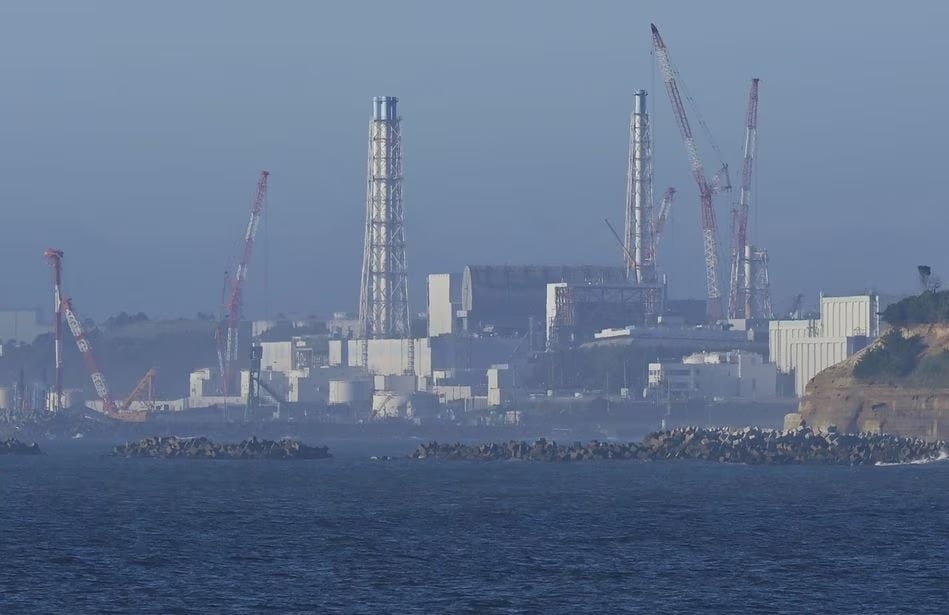
The Fukushima nuclear power plant was destroyed by a tsunami in 2011. Photo: Reuters
Regional Controversies
The Japanese government signed off on the plan two years ago and it was given the green light by the United Nations nuclear watchdog last month. The release is a major step after the Fukushima Daiichi plant was destroyed by a tsunami in 2011.
The plant's operator, Tokyo Electric Power (Tepco), said the discharge began at 1:03 p.m. local time Thursday and that it had not identified any abnormalities.
However, China reiterated its strong opposition to the plan and said Japanese authorities had not proven that the water released would be safe.
“The Japanese side should not cause secondary harm to local people and even people around the world for its own selfish interests,” China’s Foreign Ministry said in a statement. In turn, Japan criticized China for its “scientifically groundless claims.”
Japan insists the discharge is safe, noting that the International Atomic Energy Agency (IAEA) has also concluded that its impact on humans and the environment is "negligible".
Japan exported about 600 million USD worth of seafood to China in 2022, becoming Japan's largest export market, second only to Hong Kong.
The process spans decades.
The Fukushima Daiichi plant was destroyed in March 2011 after a magnitude 9.0 earthquake generated a powerful tsunami that caused nuclear fuel meltdowns in three reactors.
The first release, which will total 7,800 cubic meters — the equivalent of about three Olympic swimming pools — will take about 17 days. According to Tepco's test results released Thursday, that water contains about 63 becquerels of the isotope tritium per liter, well below the World Health Organization's drinking water limit of 10,000 becquerels per liter. A becquerel is a unit of radioactivity.
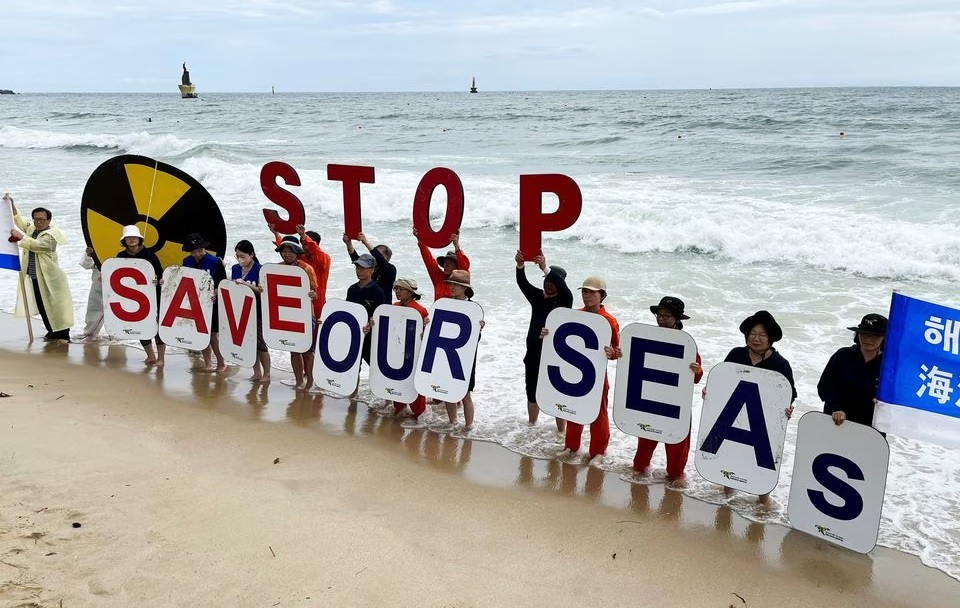
South Koreans protest against Japan's dumping of nuclear waste into the sea. Photo: Reuters
The IAEA also issued a statement saying its independent on-site analysis confirmed tritium concentrations were well below the limit.
On the South Korean side, Prime Minister Han Duck Soo said the country's ban on importing Fukushima food and seafood products will remain in place until public concerns are allayed.
Japan will conduct monitoring around the discharge site and release results weekly starting next Sunday, the environment minister said. The discharge will take about 30 years.
In connection with this incident, South Korean police arrested at least 16 protesters who stormed the Japanese Embassy in Seoul. Meanwhile, the North Korean Foreign Ministry demanded that the water discharge be stopped immediately.
Huy Hoang (Reuters, Kyodo)
Source


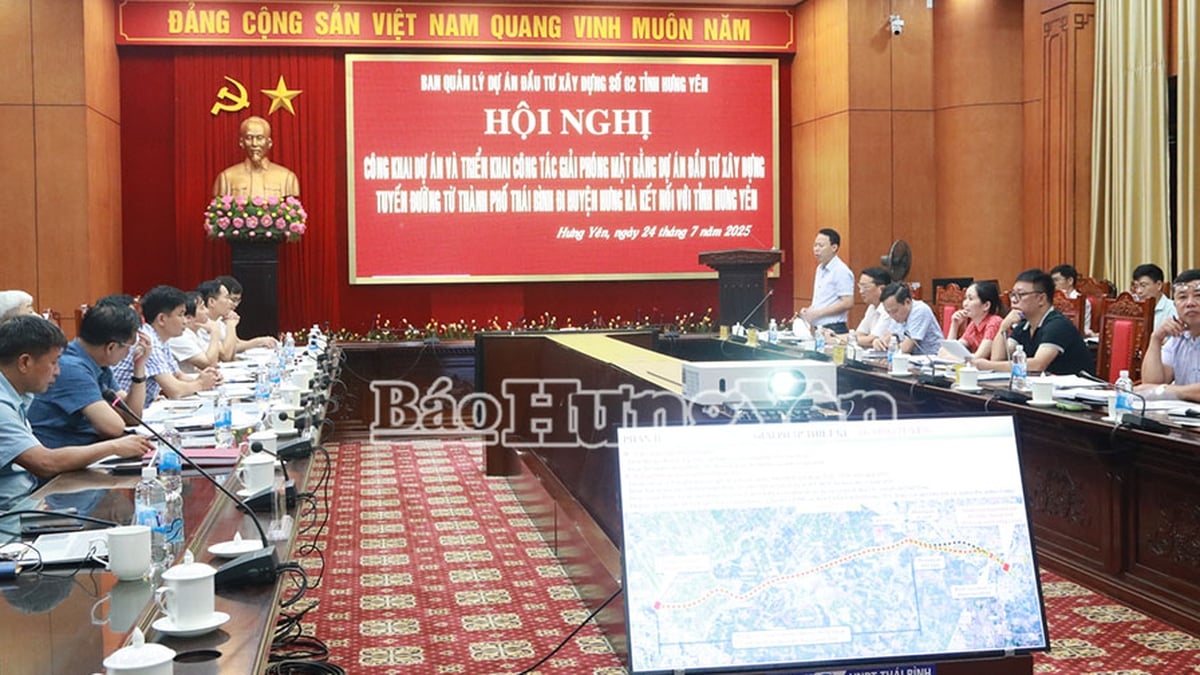
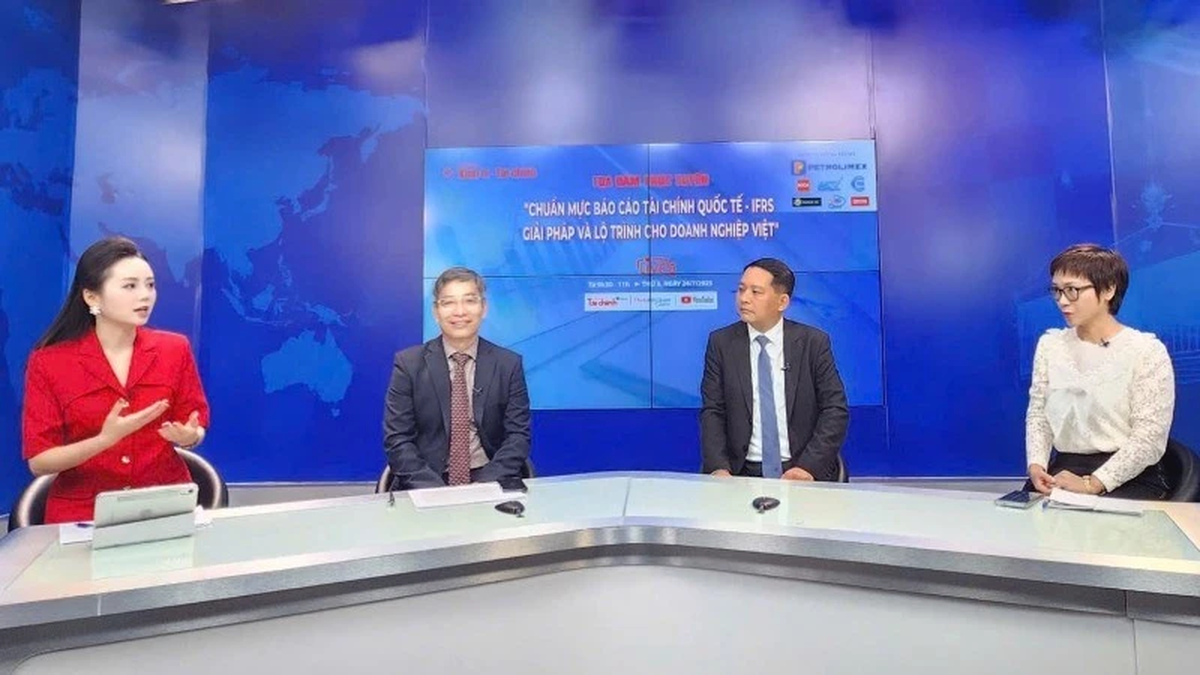


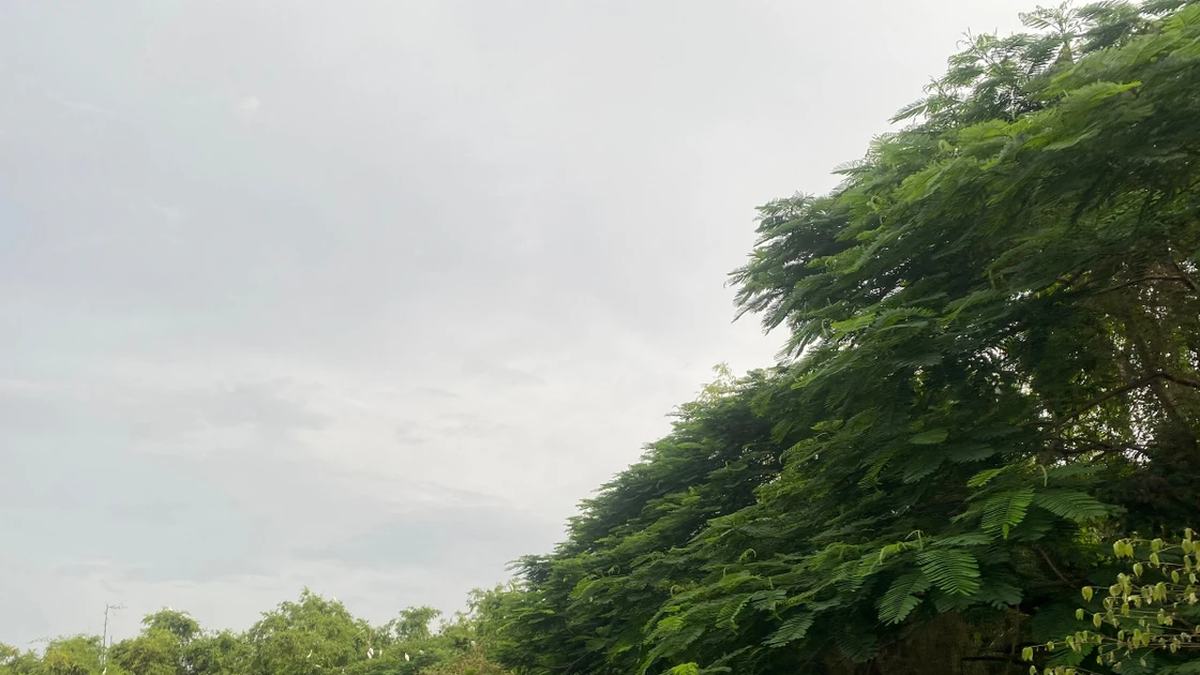
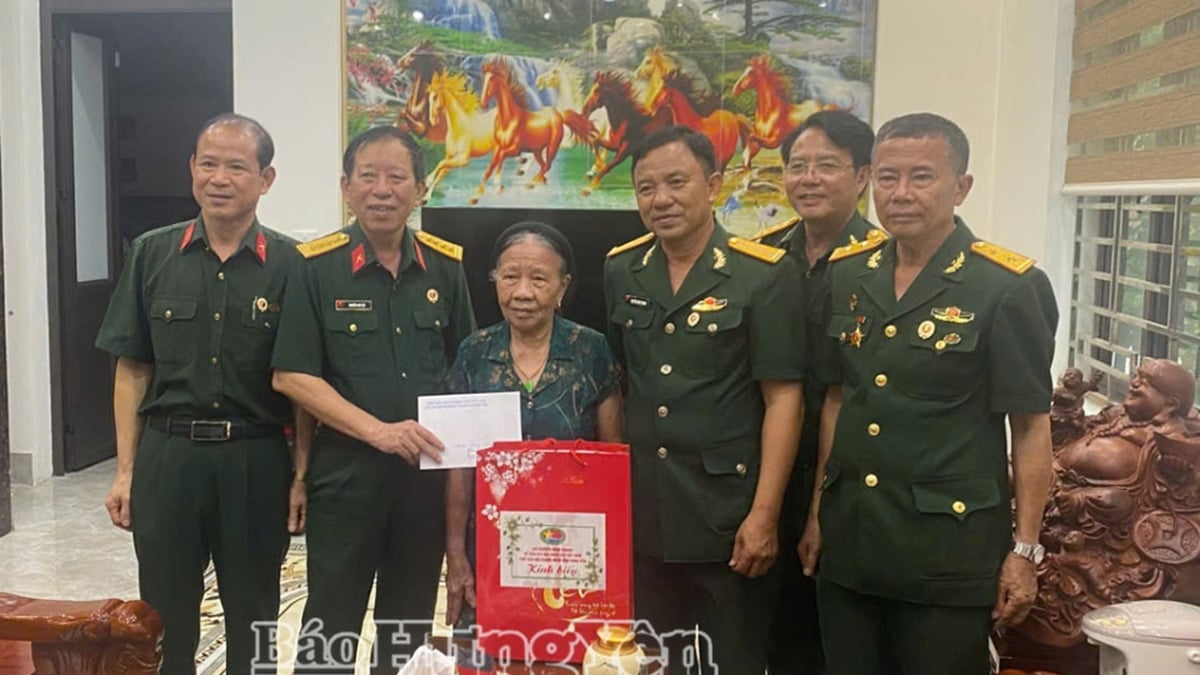
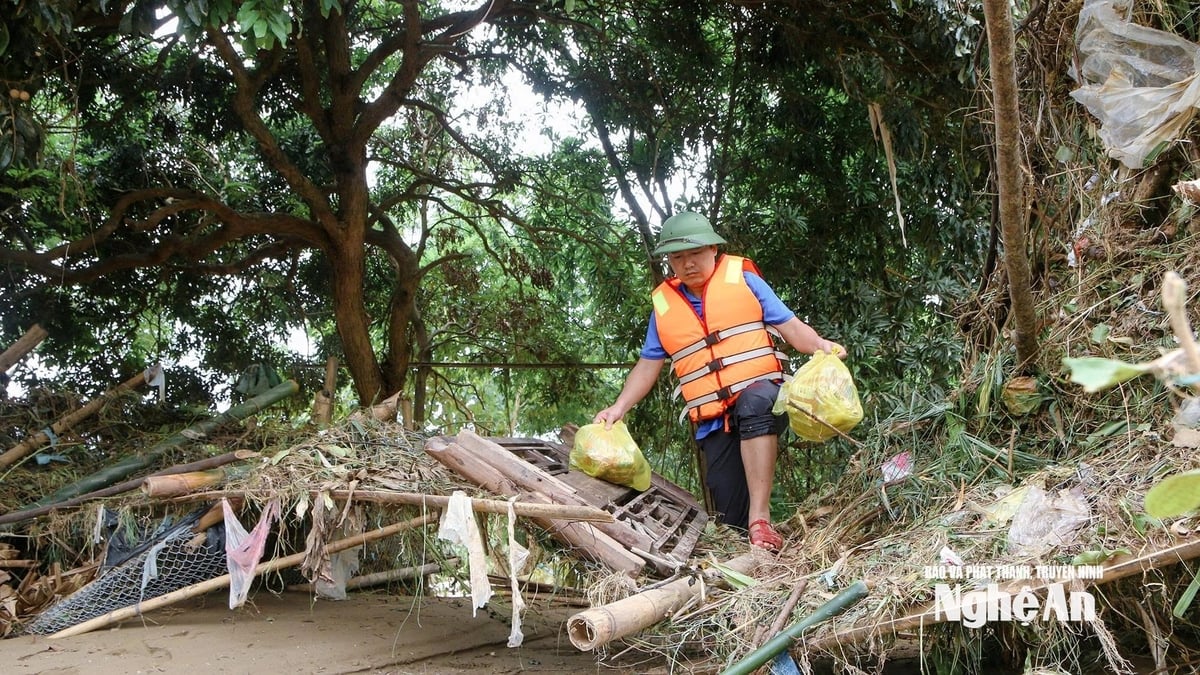
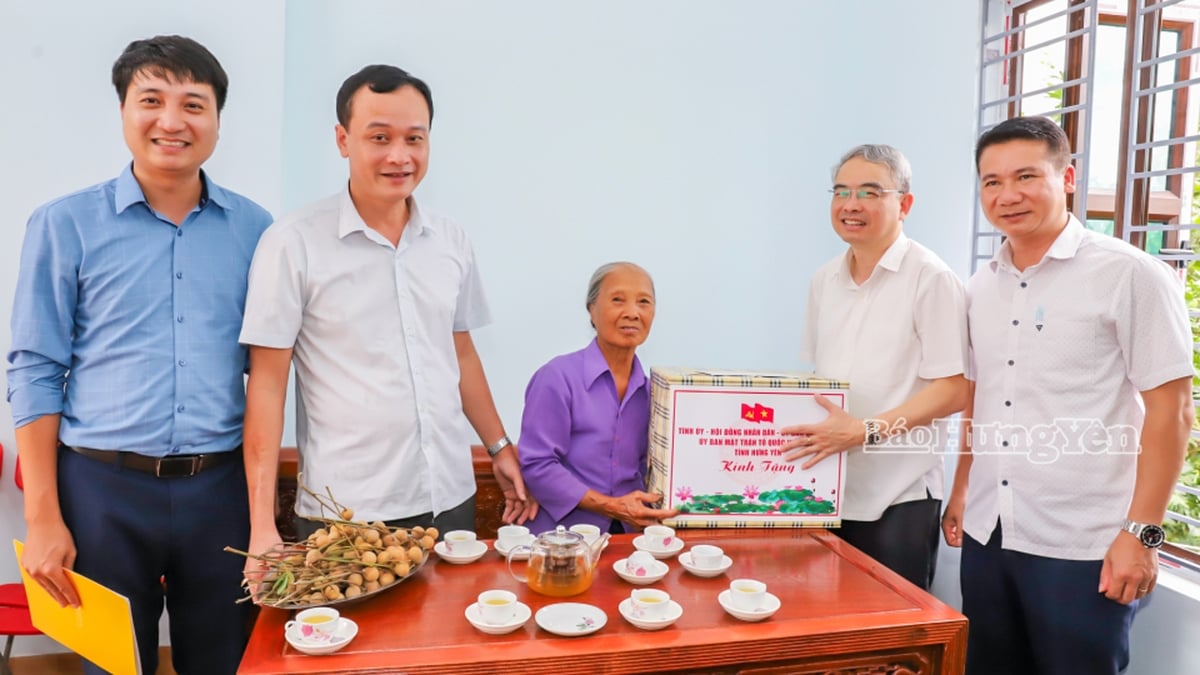
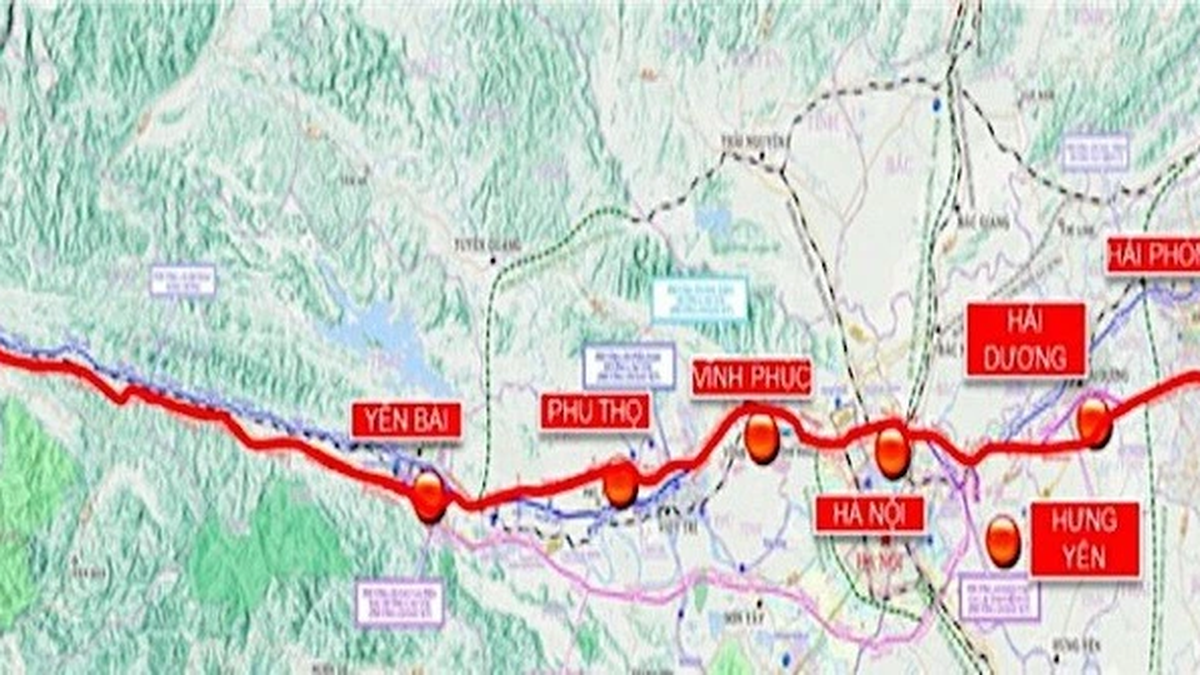
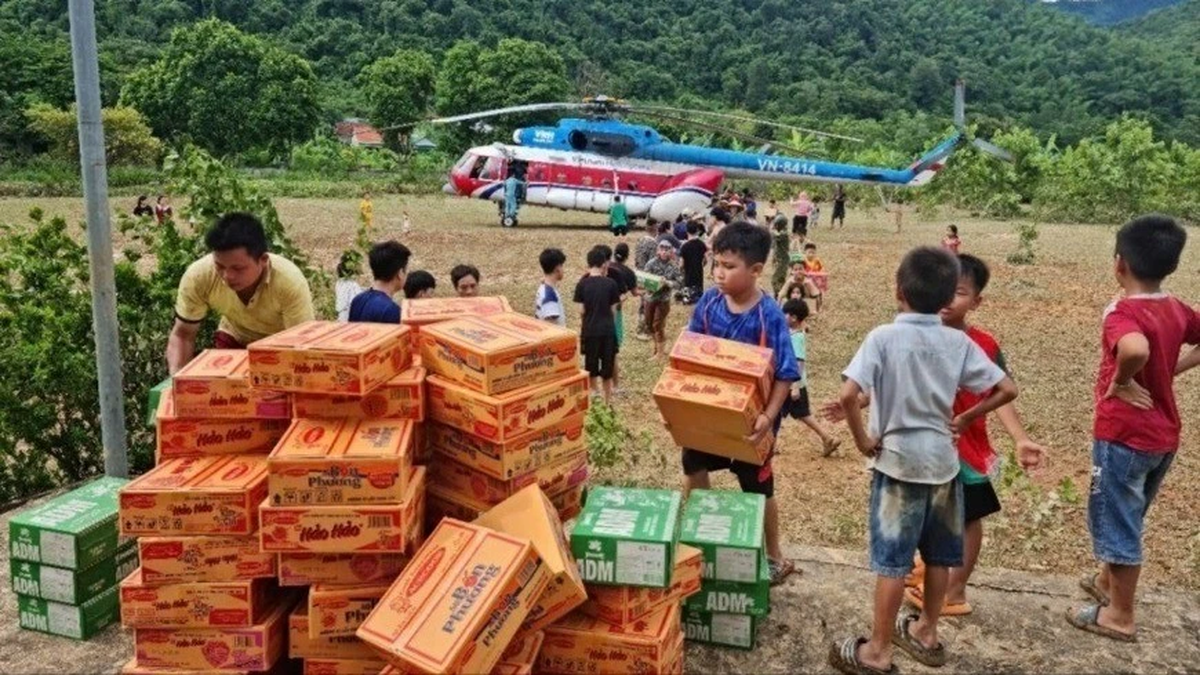












![[Photo] Signing of cooperation between ministries, branches and localities of Vietnam and Senegal](https://vphoto.vietnam.vn/thumb/1200x675/vietnam/resource/IMAGE/2025/7/24/6147c654b0ae4f2793188e982e272651)







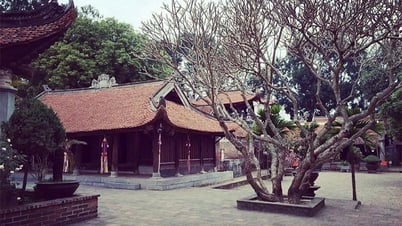

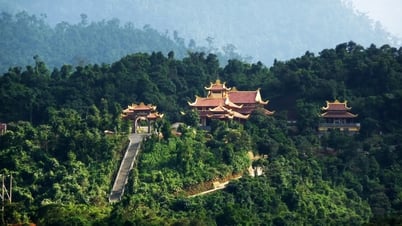

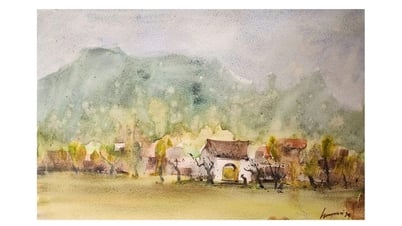

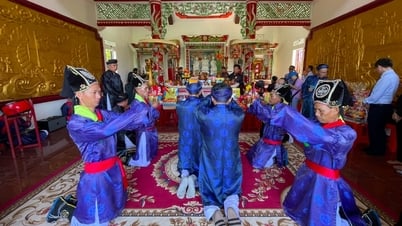

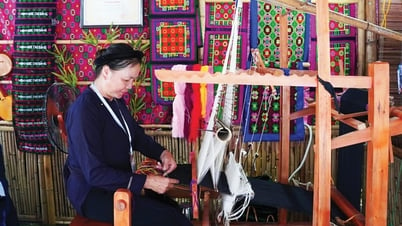

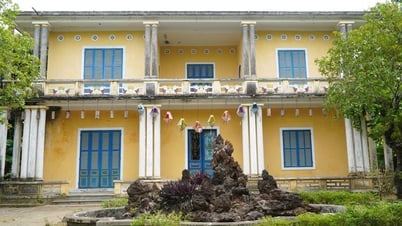




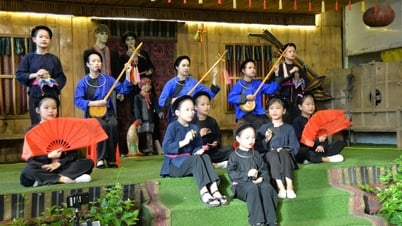

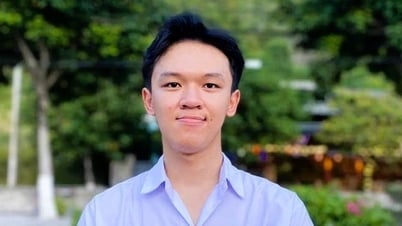








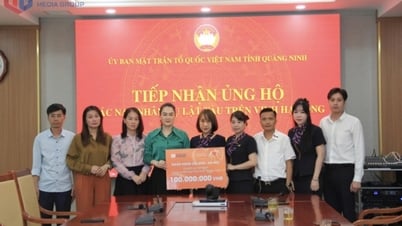

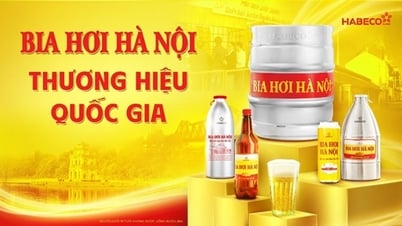

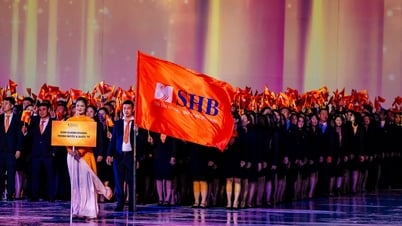

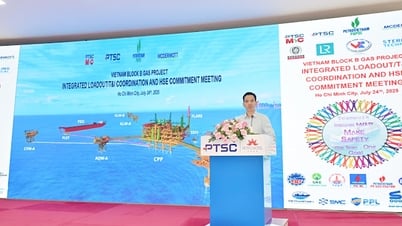


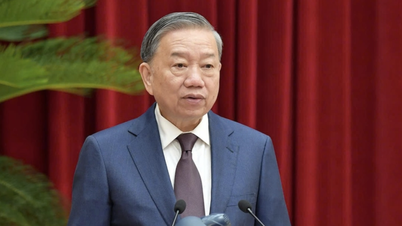
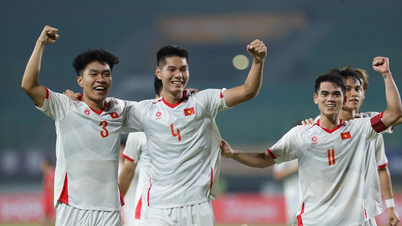
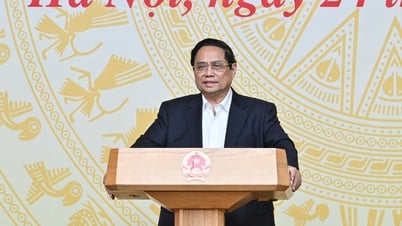
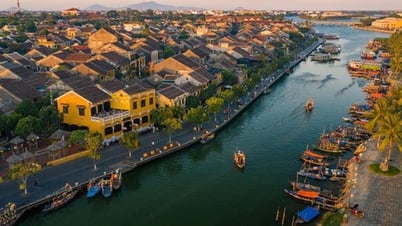


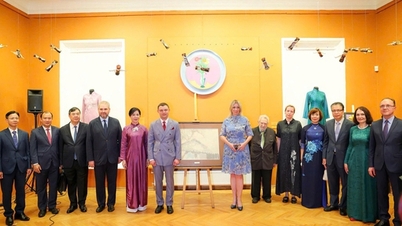

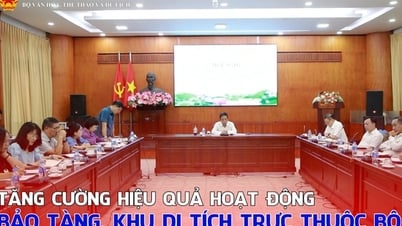
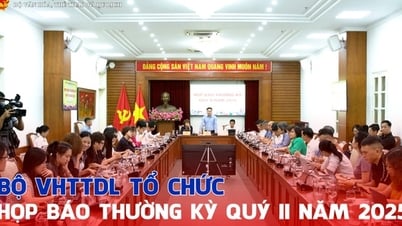
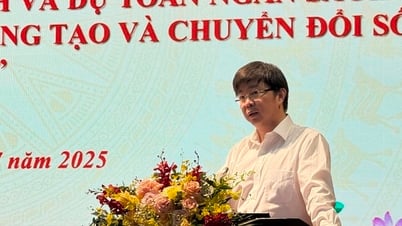

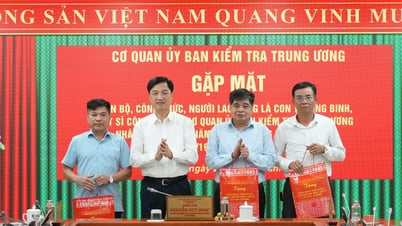

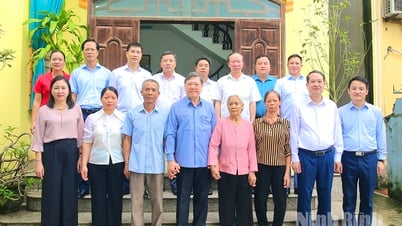









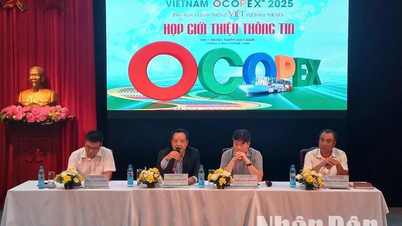
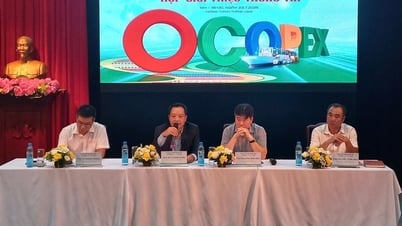
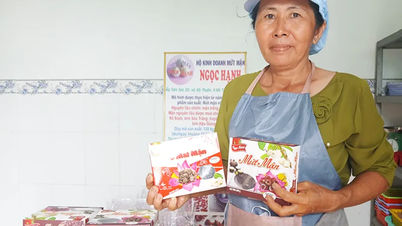

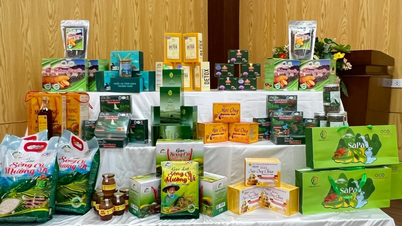



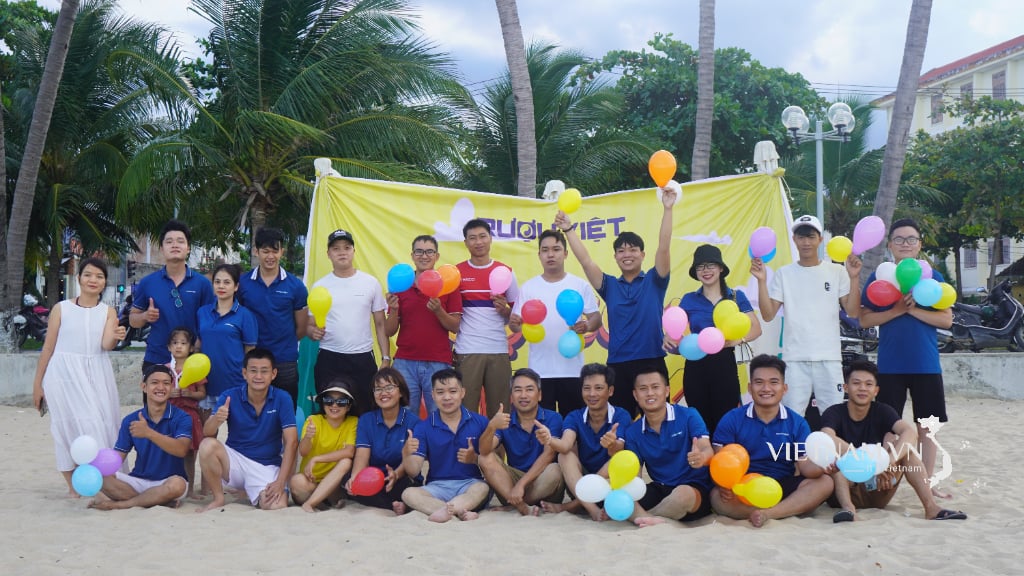

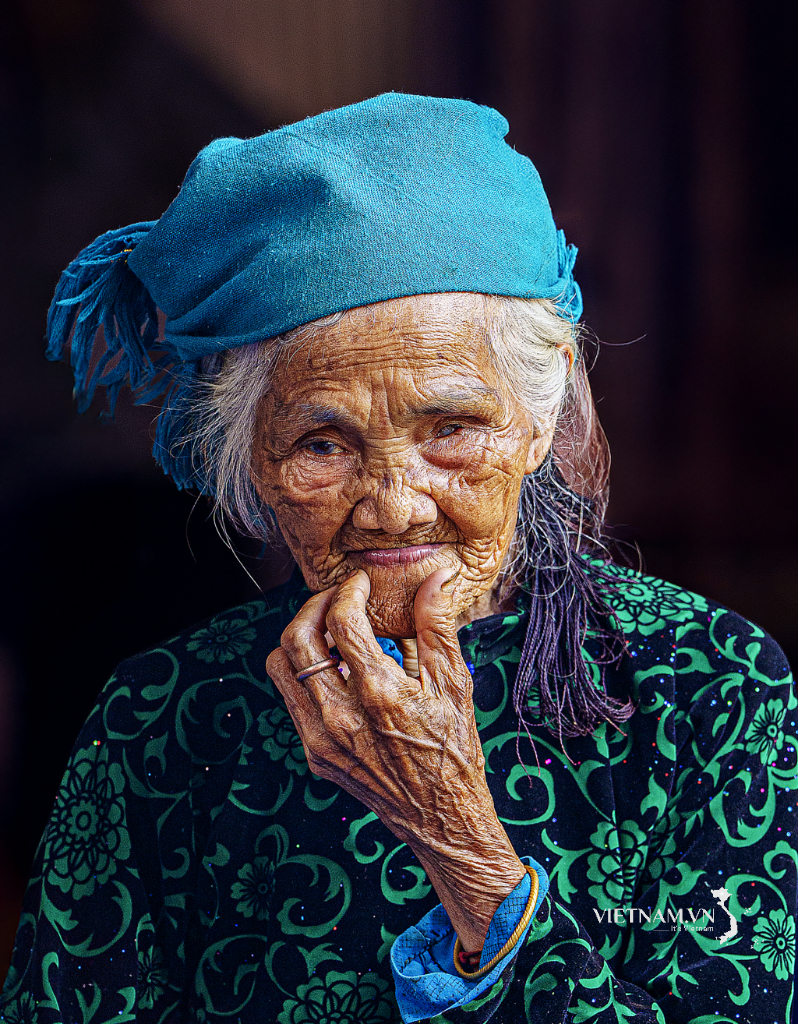
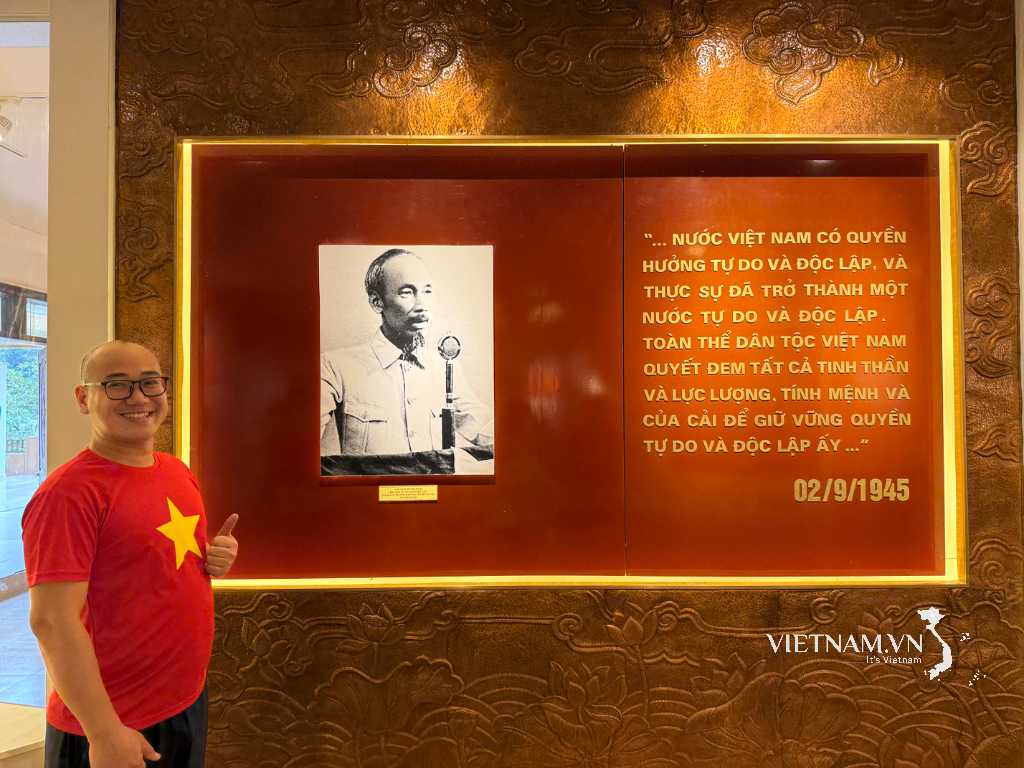
Comment (0)